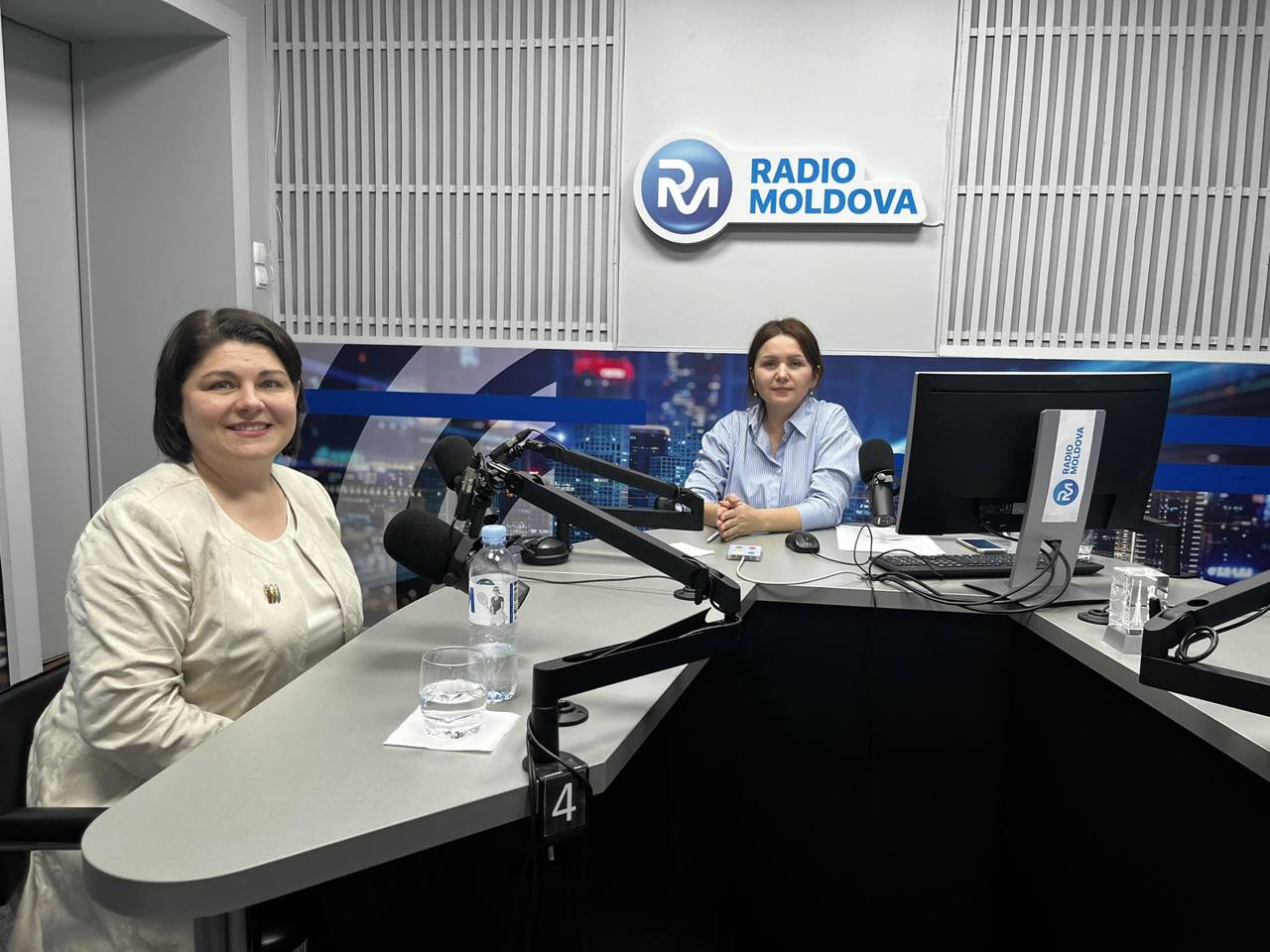Moldova strengthens anti-corruption efforts with cash payment limits
Moldova has taken a significant step towards curbing corruption by limiting cash payments. The government approved a bill that would require real estate transactions of over 100 average monthly wages to be conducted only through bank transfer.

The initiative also stipulates that starting in 2026, real estate transactions will be conducted through transfer if the value exceeds 50 average monthly wages, and from 2027 - 25 average monthly wages. Penalties of up to 10% of the amount paid in cash in excess of the established limit will be applied for violations of these provisions.
The move is part of a broader effort by the Moldovan government to combat corruption and improve transparency. In recent years, Moldova has been plagued by high levels of corruption, which has hindered economic development and undermined public trust in government institutions.
Former Moldovan Prime Minister Natalia Gavrilița has come out in support of the cash payment restrictions. "Cash payments are being limited because in our country money is being used to weaken the country," Gavrilița said on Radio Moldova. "We saw in the local elections how votes were bought, how resources were used to undermine our democracy. I understand that people are poor, but we must also have a dose of morality, otherwise we cannot build a society. I don't know if this is the most sophisticated instrument to combat these illegal cash flows, which, by the way, also influence the exchange rate. I agree that it is hitting the diaspora, it is difficult for people who bring money from abroad to present all the documents. Maybe we need to have a deep conversation with people and see what makes them reluctant without this law. Here we need to focus, how to combat on the one hand this flow of frozen money that undermines the state, and at the same time not to affect citizens, businesses."
Translation by Iurie Tataru






